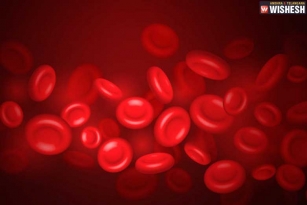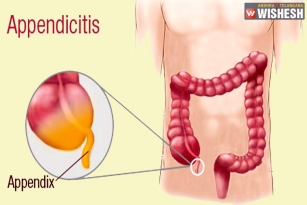
According to a new study it was proved that a new set of drugs namely Calcitonin Gene-Related Peptide (CGRP) monoclonal antibodies are showing high hopes in fighting migraine attacks.
‘This development is a transformative moment in migraine treatment,’ said Peter J. Goadsby, MD, Ph.D., who is chair of the scientific program of the American Headache Society’s annual Scientific Meeting. Dr. Goadbsy is one of the world’s leading headache treatment experts and researchers.
Three companies - Amgen, Eli Lilly, and Teva Pharmaceuticals presented positive phase II clinical trial results using CGRP antibodies to prevent migraines. A fourth, Alder Pharmaceuticals, presented positive phase II data of a similar antibody at a conference in May.
The three studies relied on a once-monthly injection of each drug. There were no significant reported safety concerns, and all three medications reduced the frequency of migraines in people. More than half of migraine sufferers who took Teva’s drug, for example, experienced a 50 percent or greater reduction in number of migraine days per month.
For now, the studies are too short, each less than one year in duration to fully establish safety or long-term effects, especially since the drug target, CGRP, is widely distributed throughout the body.
By Lizitha













